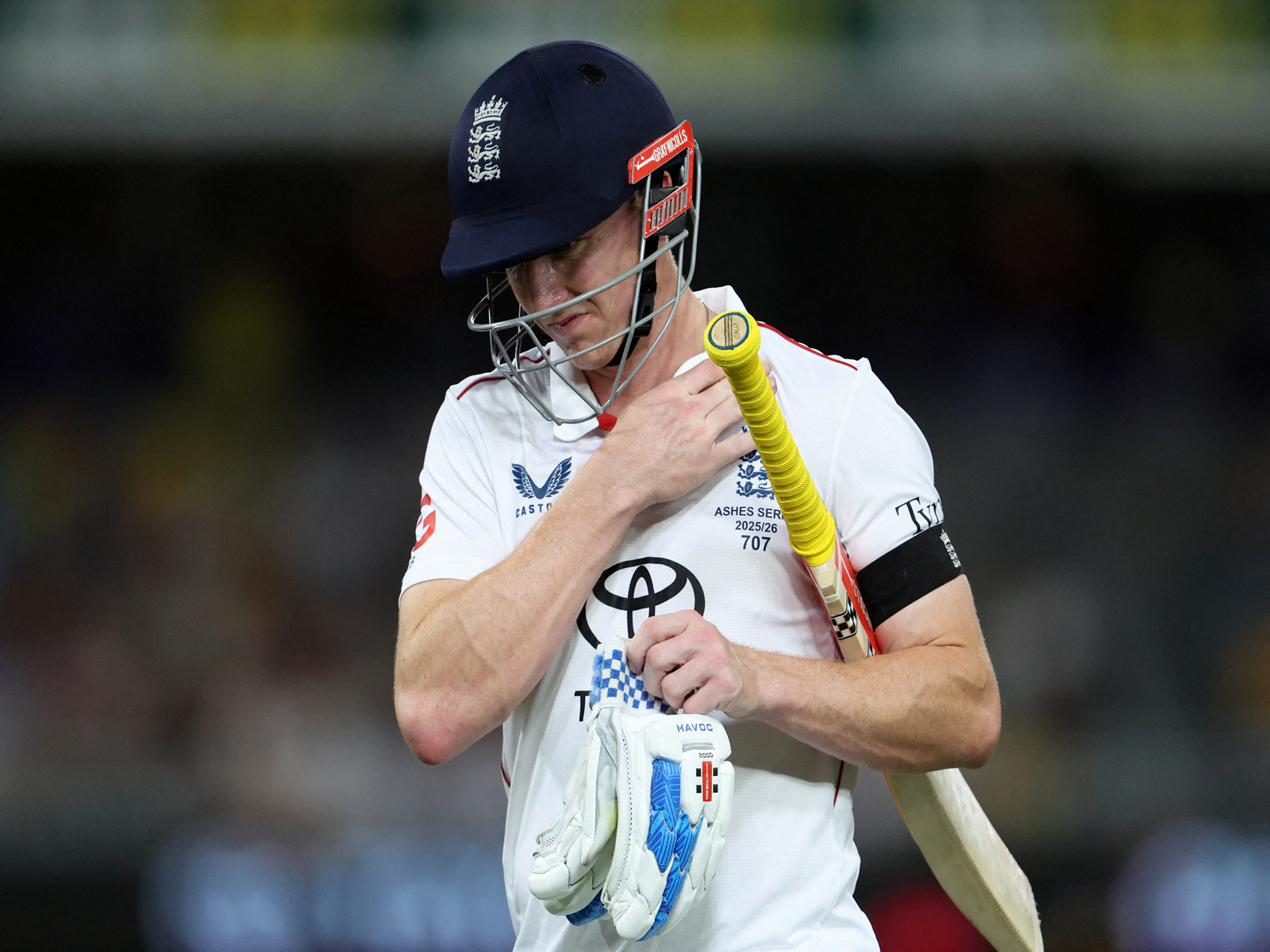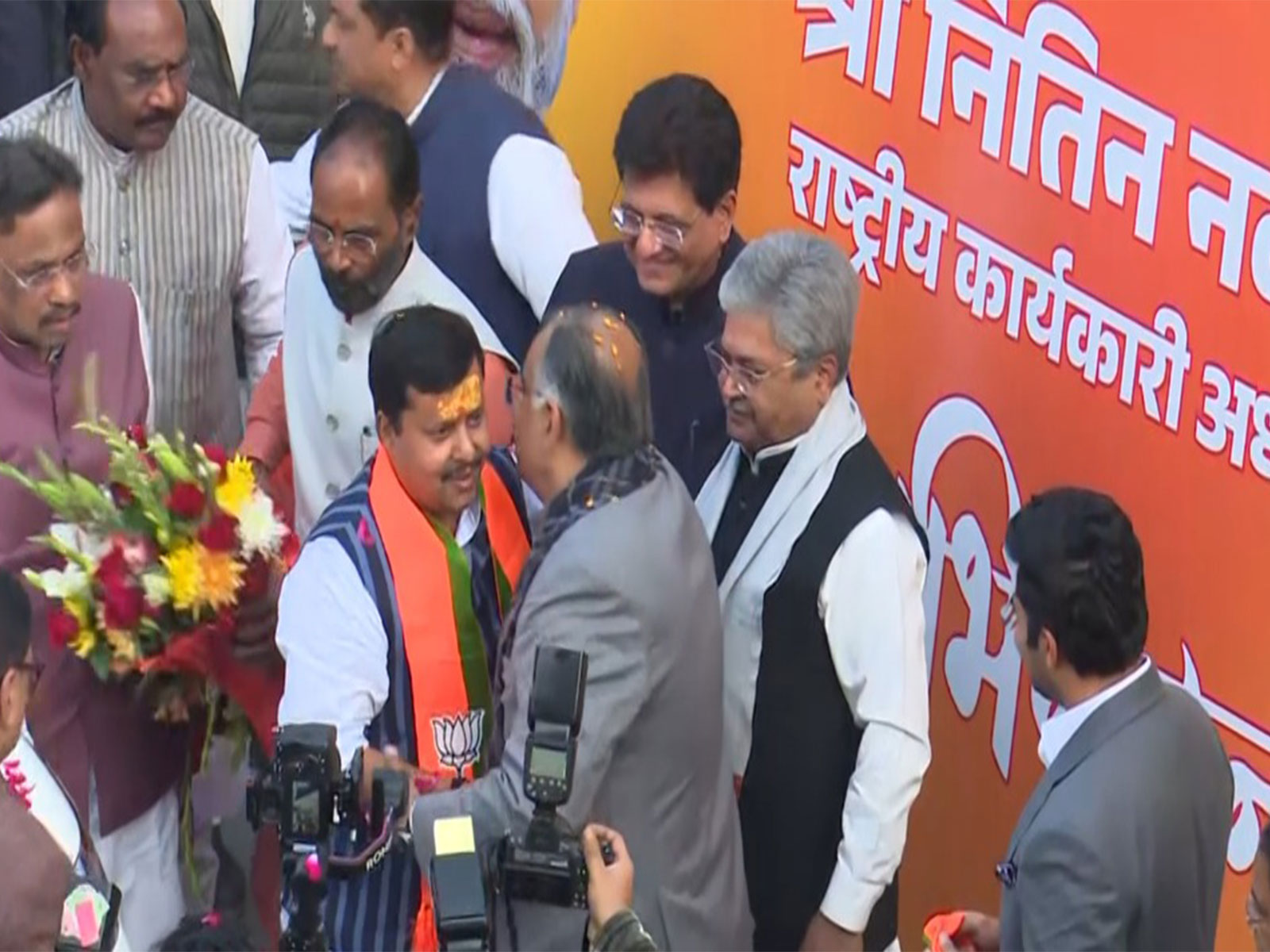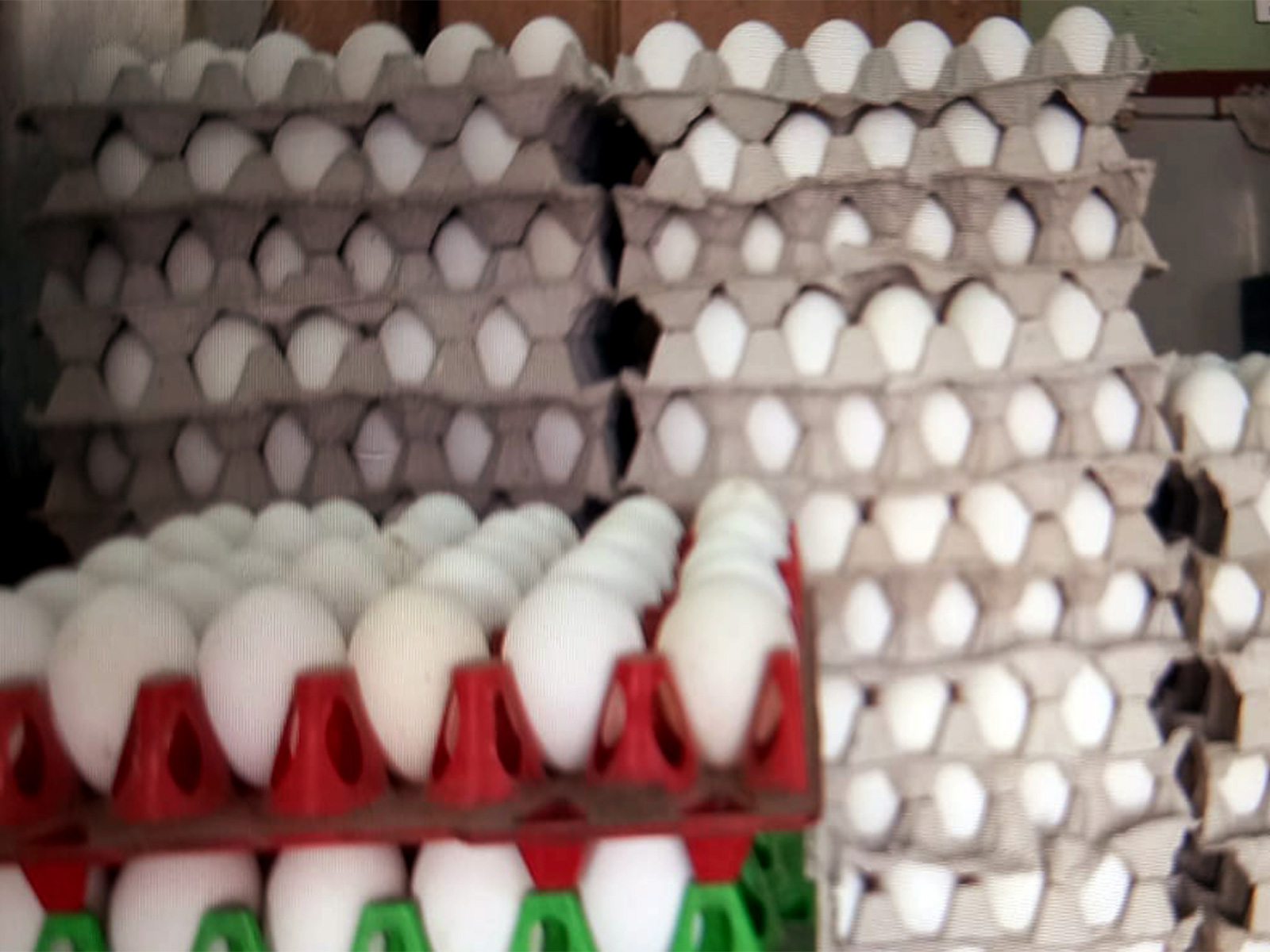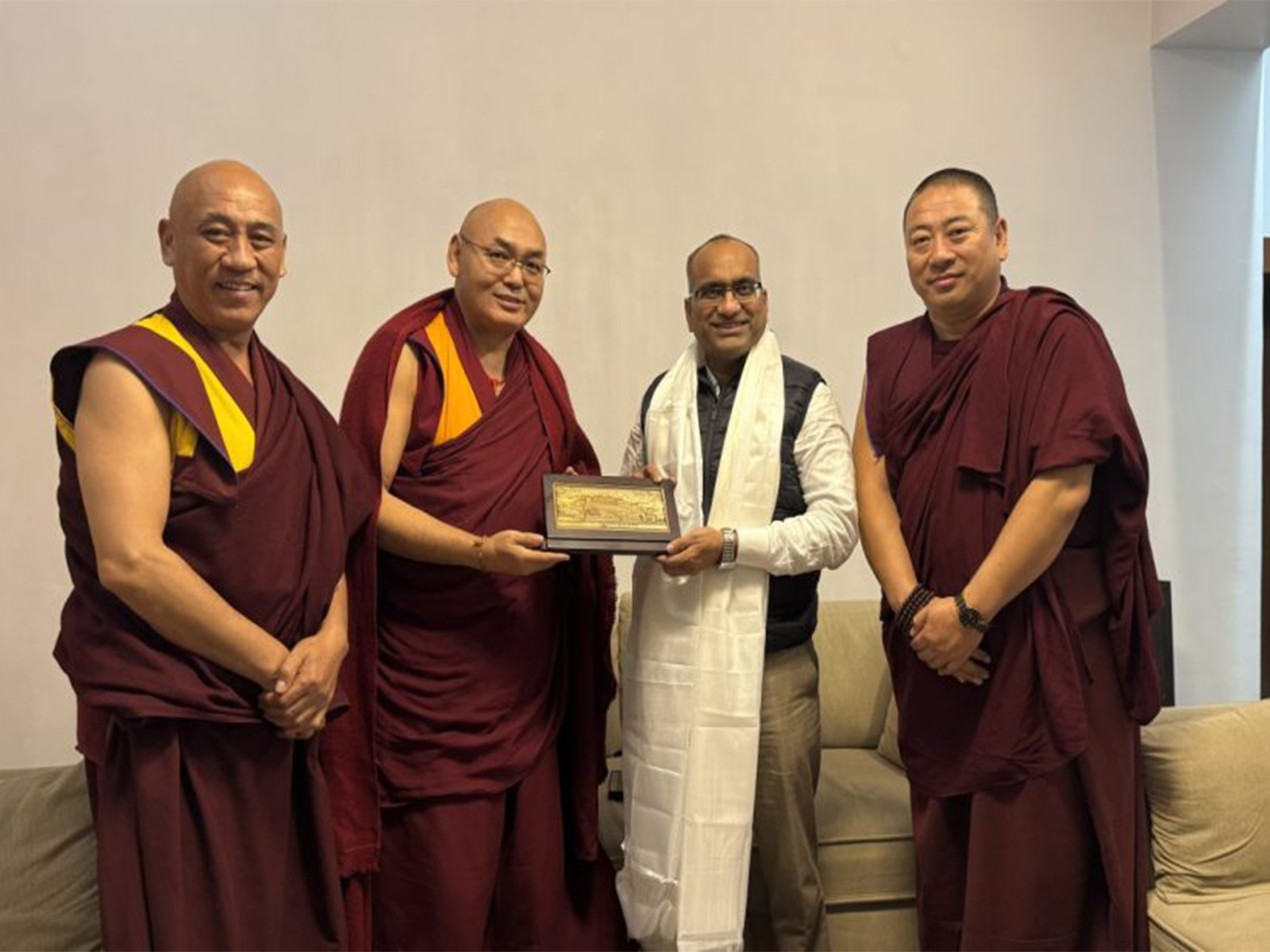Poonam - A Social Short by Shilpi's Voice & Visuals and Epicreel
Dec 04, 2020

Bengaluru (Karnataka)[India], December 4 (ANI/PRNewswire): The saga of elderly care is full of hype, and nothing more. After sieving through and a soulful introspection of data and research on elderly care, more than living conditions, physical health and economic considerations, it is their happiness that matters most. It is their loneliness that has come around due to the joint families breaking down into nuclear ones that has caused such neglect. And, loneliness is a disease, just like any other. Poonam was conceived to inculcate the understanding and awareness of the elderly plight.
The data
The elderly numbers are slated to touch 12% of the total population in the next 2/3 years stressing the healthcare system. To elaborate, 68% of the elderly population live in the rural areas, of which 73% are illiterate and 40% live below the poverty line. To add, 90% of them have no form of social security [be it could be insurance, provident fund, gratuity, pension or schemes akin to them] and are economically dependent. No wonder, most elders have no option but to work, to make their ends meet.
Delving further into the healthcare system of the country - 73% of the elderly die of smoking, heart disease or cancer. They account for 30% of hospital bed occupancy, 20% of doctor visitations and 50% of bedridden patients. So, if 12% of the population, not to mention the absence of healthcare in rural areas, take up that kind of space, the system will be obviously stressed out, and the only this problem is headed, is north.
The government's take
The Indian government passed the 'Maintenance and Welfare of Parents and Senior Citizens Act' bill in 2007, which says, maintenance of senior parents or senior citizens is mandatory for children or relatives, failing which a penal provision is provided for abandonment and abuse. No exemplary action on this front has made the news, so it is anyone's guess that it is only on paper.
Subsequently, the formulation of 'National Program for the Healthcare of the elderly' in 2011 ensured easy access to promotive, curative, preventive and rehabilitative care to all the elderly across all levels of the healthcare system. The 'National Policy on Senior citizens' made sure that the elderly were recognised as assets to the nation.
The policy introduced specific financial support to elders through pension and insurance schemes in addition to income generating activities. Though the financial schemes have seen the light of the day along with some proactive states implementing the healthcare initiatives through thir existing hospital networks.
Geriatric care is not a part of the formal medical school education and neither are we seeing trends to inculcate it into mainstream curriculum. Elder health needs are very different from standard health needs and it is important that we address them as specialty care.
What are we doing about it?
In India, over 20% of elder population is subject to abuse and abandonment. Abuse comes in different forms - emotional, physical and mental. Today, a major part of the population aged between 40 to 50 years [their elders need most care and would fall in the 65 to 75 year category] is either making money happily in some western country or have settled in Tier 1 cities, while their parents have opted to stay back in the village or their home cities with no support to fall back on.
Many children are also seen 'dumping' elders into old age homes. Old age homes, again, come in all shapes and sizes. The high-priced ones cater only to the affluent since there is this aspect of affordability. The smaller or low-priced ones are seeing waiting times that can be more than the expected longevity of elders in need.
There is the third option - retirement communities, that work solely with a commercial intent to build homes and sell along with requisite infrastructure for elders. Although good, these homes, again, are expensive to buy and sustain. And, whichever class or creed of the elderly abodes one chooses to put the elderly into, the question is are they content residing there, are they happy, can they sustain themselves.
Economic development, circumstances and life style changes may be the reason for such willing/unwilling abandonment, however, we need to address the issue of family elder care with more focus and care.
Why Poonam?
With the profound understanding that psychological health is more important for elders than just physical care and that loneliness is the main cause of elder issues, we have tried to address the issues in the form of a social short - Poonam.
Poonam is about combating loneliness through companionship and that companionship can address a lot of elder issues including holistic health and longevity.
Producer, Shilpi Das Chohan says, "Elder Care has rather become a lucrative market than a social responsibility. Caring for the elderly is a highly overlooked cause among the social causes! We are all getting there. There will be aches and pains, sleeplessness, memory loss, loneliness. And there could be financial insecurities and abuse too as we keep losing physical strength. We felt the need to send a message, connect with a large audience at a global level, incite emotions and move to action. Stories are powerful. It's something that connects mind to heart. We decided to go the visual storytelling way and tell it through this film - Poonam. We want the viewers of all ages to introspect and start taking responsibility."
Executive Producer, Anil Kumar P, says, "Poonam is an effort to spread awareness of this silent disease - 'loneliness' that can exponentially improve the chances of disease and death, prematurely."
The elders never complain and the children do not have the insight. End of it all, is the entire situation justified, if yes, to what extent.
This story is provided by PRNewswire. ANI will not be responsible in any way for the content of this article. (ANI/PRNewswire)


















